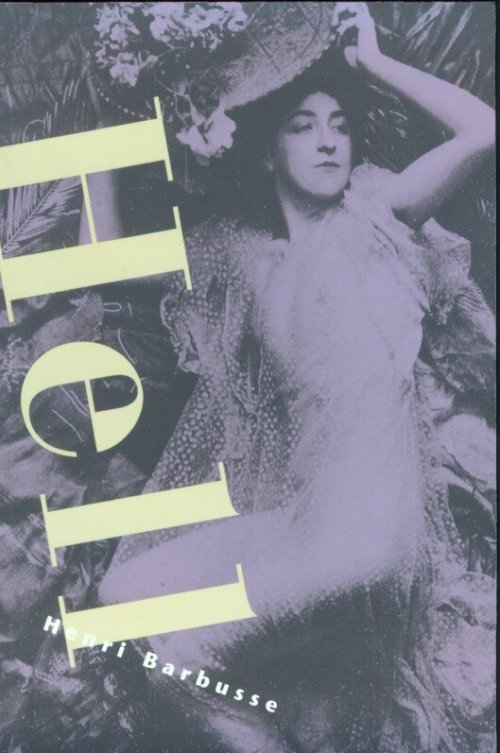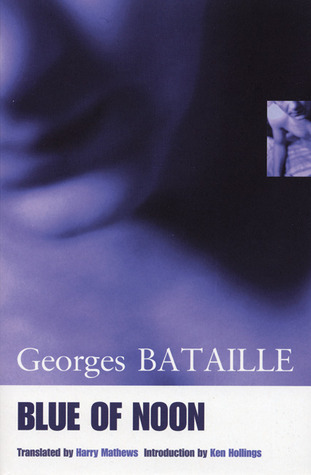
Hell
Book Description
A suffocating nightmare unfolds within the walls of a Parisian asylum, where the tormented souls clash with their personal demons. Each character—a tapestry of despair, madness, and haunting memories—fights for a shred of hope. Barbusse masterfully unveils their inner turmoil as whispers of past betrayals and unfulfilled dreams echo in the dark corridors. Relationships disintegrate under the weight of shared anguish, and every interaction crackles with tension. As desperation looms, can these fractured lives find redemption in a world that seems determined to strip away their humanity? Explore the fragile line between sanity and madness—who will emerge unbroken?
Quick Book Summary
"Hell" by Henri Barbusse is a harrowing exploration of the human psyche, set within the confining walls of a Parisian asylum. Through the eyes of a nameless narrator, Barbusse examines the lives of the asylum's inhabitants, whose inner sufferings and traumas are laid bare. The narrative delves deeply into themes of despair, madness, and isolation, as characters grapple with the weight of their regrets and unfulfilled desires. Their fleeting moments of connection are overshadowed by the oppressive atmosphere and constant threat of emotional and psychological collapse. Barbusse's poignant prose shines a light on the fragile boundary between sanity and madness, challenging notions of hope and redemption. The novel ultimately asks whether it is possible to retain one's humanity amidst overwhelming darkness and personal ruin.
Summary of Key Ideas
Table of Contents
Isolation and Alienation
Set against the bleak backdrop of a Parisian asylum, "Hell" brings into stark relief the profound isolation experienced by its inhabitants. The nameless protagonist is cut off from the world, both physically by the asylum’s walls and emotionally by his alienation. Each character, confined within their own suffering, mirrors the deep chasms that exist between human beings. Their inability to truly connect intensifies feelings of loneliness and despair, as they struggle to find meaning in their circumscribed existence.
Madness and the Fragility of Sanity
Barbusse plunges into the realms of madness, capturing the tenuous line between sanity and insanity. The residents’ mental states oscillate between moments of lucidity and complete psychological unraveling. The oppressive environment of the asylum amplifies their fears and insecurities, making it a crucible for existential crisis. Through vivid inner monologues and interactions, the novel interrogates the nature of reality, self-identity, and how easily the mind can slip into chaos under duress.
The Search for Meaning and Redemption
Desperate for redemption, the characters in "Hell" search for purpose amidst unending suffering. Their struggles are punctuated by flashes of hope—a compassionate gesture, a fleeting moment of understanding—but these are inevitably overshadowed by the asylum’s prevailing gloom. Barbusse suggests that the search for meaning is inherent to the human condition, yet he leaves ambiguous whether such a quest can ever succeed when dread and loss are omnipresent.
Memory and the Haunting Power of the Past
The specter of memory looms large over the narrative, as each character is haunted by their past. Barbusse illustrates how unresolved traumas and betrayals poison the present, making it nearly impossible for the characters to break free from their cycles of regret and pain. The recurrence of memories and dreams amplifies their sense of entrapment, blurring the distinctions between reality and recollection, and perpetuating their personal torment.
The Breakdown of Human Relationships
Crucially, the novel examines the breakdown of human relationships under extreme psychological strain. Attempts at intimacy and understanding are thwarted by suspicion, envy, and emotional barriers. The interactions among the asylum's residents throb with tension, and as connections fray, hope for collective or individual salvation grows increasingly remote. Barbusse masterfully depicts the resultant atmosphere of paranoia and despair, casting doubt on the possibility of rescue from this psychological inferno.
Download This Summary
Get a free PDF of this summary instantly — no email required.





